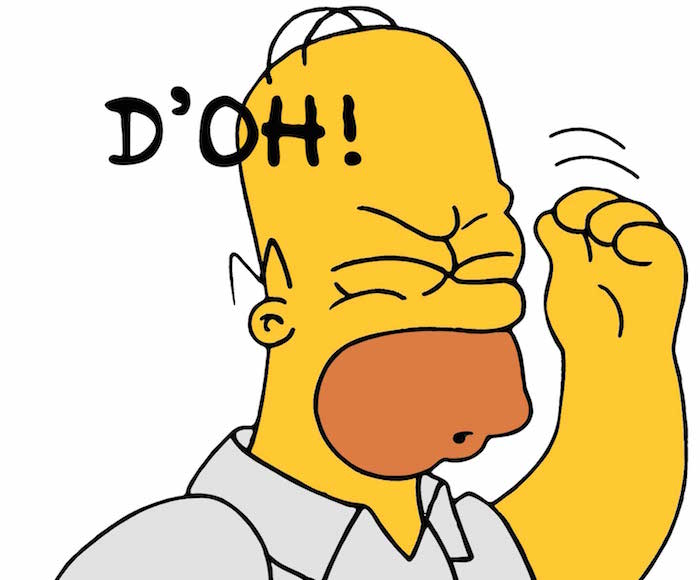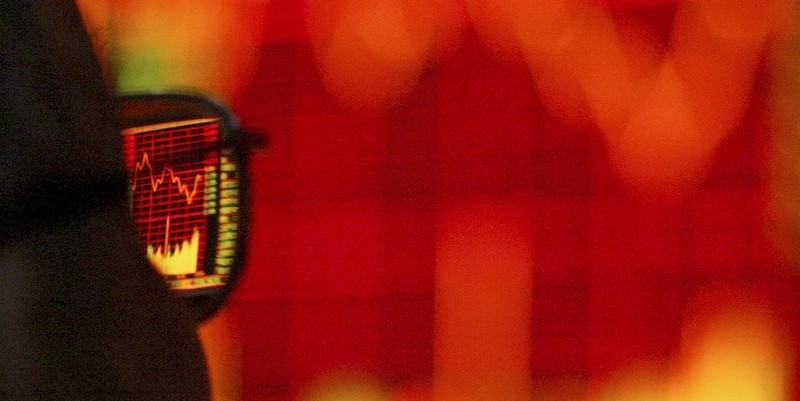by Jeffrey Carter, Points and Figures
Yesterday I left a comment on Albert’s blog and he told me to turn it into a blogpost. Eugene Fama postulated that investors are rational. He developed the efficient market hypothesis and proved it with data. By the way, the efficient market hypothesis and portfolio theory as constructed for financial markets doesn’t translate directly into angel investing or VC investing.
Investors are rational, but it doesn’t mean they aren’t emotional. I always tell startup companies to watch this video before they pitch. Investors make decisions with their limbic brain. The great ones feel it in their gut. You will hear, “That was a great gut call.” I have felt things in my gut both trading and angel investing that caused me to act faster than anyone else. Feeling it in your gut can also give you the moxie to see investments through when others think you are absolutely nuts.
Often times in both the VC/Angel community and financial market trading community you will hear phrases like, “mechanical”. You will hear advice like, “Keep your emotion out of it”. It’s as if you are supposed to check all the qualities that make you human at the door before you write a check or make a move in a market. I am telling you that for any human, that is basically impossible.
Investors aren’t robots.
Investors can do similar things on each investment though. That’s called discipline. The best traders, the best angel investors, and the best VCs have a process that they go through. In the best situations, the process is based on a core mission or value statement they have developed for themselves. They are adept and confident enough in themselves that they can make little adjustments depending on the situation. But, the core of what they do is the same each and every time.
Investors that aren’t confident in themselves don’t do it the same way all the time. They might ask different questions. They might go through a uniform list of the exact same questions. They experiment. For example, right now I am teaching myself to trade some equity options and I am experimenting with some things. The important thing to do when you experiment is to put small capital at risk. Don’t measure success or failure by gross dollar volume. Measure by percentage gain or loss.
Great investors learn from their mistakes. What was it about the process that went awry? When I lose money, I focus on me, not the company or trade. How did I screw up, and what about that process do I need to change in order to be successful? Or, sometimes you didn’t screw up and the situation changed and the thing failed. Nothing you can do about that. Take your lumps and move on.
When I first started trading, I tried all kinds of things until I found something that worked. Then, I did it a lot. When conditions changed, I had to change. Eventually, I wound up leaving what I initially traded for a different product. But, my discipline stayed the same. When I first started angel investing, I made a lot of mistakes common to almost every angel investor. You have to learn. Now when I see companies, I follow a process. It’s not the same every single time but it’s similar. My check sizes are disciplined too.
After you gain experience, you develop discipline if you want staying power. The due diligence process can be different for every single investor, because investors aren’t robots. They are people. Part of the friction that happens between investors is that their processes, thesis, and goals are different. That can cause problems with entrepreneurs if investors aren’t transparent.
Perhaps the most important piece of information that every investor has no matter what they are looking at is this: You have to be able to walk away. You have to be able to wash your hands of the situation and never look back. If you enter into a situation where you can’t walk away, emotion will definitely take over and you will make a bad decision. You become powerless and weak. Sometimes it’s the trades or investments you don’t make that are better than the ones you do.
Copyright © Points and Figures
The information in this blog post represents my own opinions and does not contain a recommendation for any particular security or investment. I or my affiliates may hold positions or other interests in securities mentioned in the Blog, please see my Disclaimer page for my full disclaimer.














